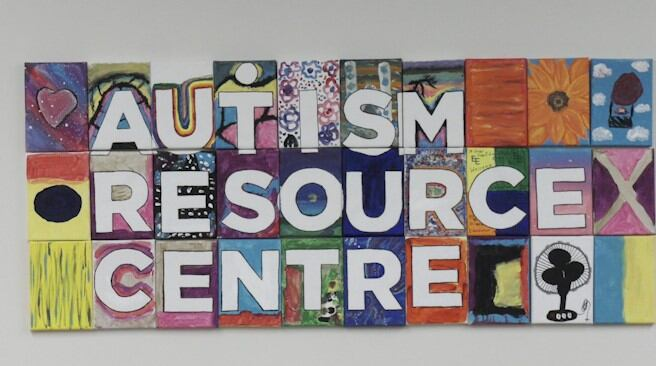Supporting a child with autism can be challenging, and finding the right guidance and resources is essential. An autism resource center can play a vital role in helping children with autism reach their full potential. These centers provide specialized support, therapy, and education tailored to each child’s unique needs, helping families navigate the journey with confidence and care.
Understanding the Role of an Autism Resource Center
An autism resource center is designed to support children with autism and their families. These centers offer a wide range of services, including educational programs, therapy sessions, and support groups. The main goal of an autism resource center is to provide children with the tools they need to develop essential skills in communication, social interaction, and daily life. By offering structured programs and expert guidance, these centers help children progress in ways that might be difficult at home or in traditional school settings.
Personalized Therapy and Support
One of the most valuable aspects of an autism resource center is personalized therapy. Children with autism have diverse needs, and a one-size-fits-all approach is often not effective. An autism resource center evaluates each child individually and creates a tailored plan to target specific areas of development. These may include speech therapy, occupational therapy, behavioral therapy, or social skills training. By providing therapies that match a child’s unique strengths and challenges, the center can help children achieve meaningful progress in a supportive environment.
Enhancing Social and Communication Skills
Social interaction and communication are often the most challenging areas for children with autism. An autism resource center focuses on improving these skills through structured activities, group sessions, and guided play. Children learn to express themselves, understand social cues, and interact more comfortably with peers and adults. Over time, these skills can improve confidence, reduce frustration, and help children build stronger relationships both inside and outside the center.
Supporting Families and Caregivers
An autism resource center does not only focus on children. Families and caregivers also receive guidance and support to help them understand their child’s needs and progress. Workshops, counseling sessions, and support groups provide parents with practical tools and emotional support. This family-centered approach ensures that progress made in the center continues at home, creating a consistent and nurturing environment for the child.
Early Intervention and Lifelong Benefits
Research shows that early intervention can have a significant impact on a child’s development. By accessing services at an autism resource center as early as possible, children can develop essential skills at a critical stage in their growth. The support and therapies provided can improve communication, social interaction, and learning abilities, which can have long-term benefits throughout childhood and into adulthood.
Creating a Safe and Structured Environment
Children with autism often thrive in predictable and structured environments. An autism resource center provides a safe, organized setting where routines and expectations are clear. This structure helps reduce anxiety, allows children to focus on learning, and encourages positive behaviors. The combination of structure, specialized programs, and caring professionals creates an environment where children feel supported and motivated to learn.
Conclusion
An autism resource center can be a valuable partner in your child’s development. By providing individualized therapies, social and communication support, and family guidance, these centers create opportunities for children with autism to grow and thrive. Early intervention and a structured, supportive environment can make a lasting difference, helping children gain the skills and confidence they need for a brighter future. For families seeking guidance, an autism resource center offers hope, practical solutions, and the tools needed to support their child’s unique journey.




